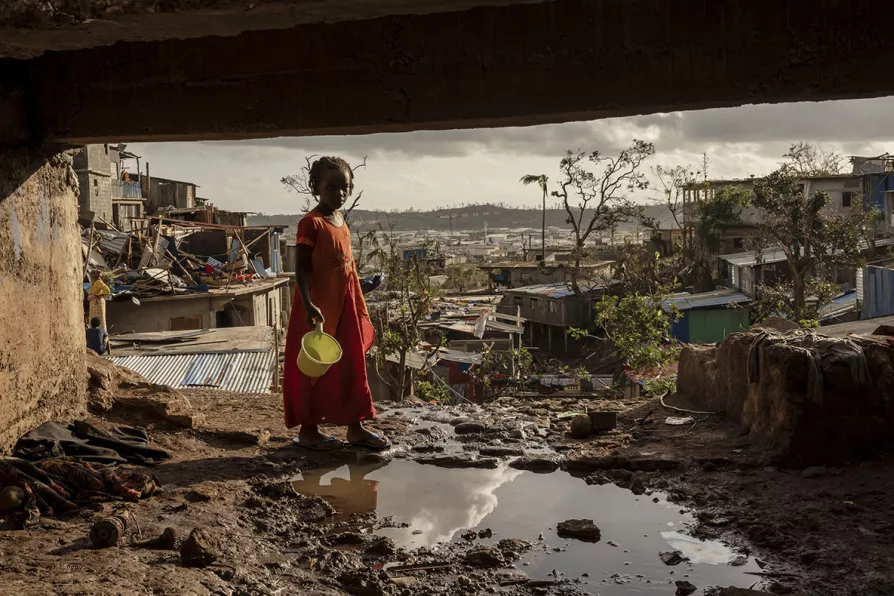
 A young girl walks in the Kaweni slum on the outskirts of Mamoudzou, in the French Indian Ocean island of Mayotte, December 19, 2024, after Cyclone Chido
A young girl walks in the Kaweni slum on the outskirts of Mamoudzou, in the French Indian Ocean island of Mayotte, December 19, 2024, after Cyclone Chido
AT LEAST 242 million children in 85 countries had their schooling interrupted last year because of heatwaves, cyclones, flooding and other forms of extreme weather, the United Nations children's fund warns in a report published today.
Unicef said it equated to one in seven school-going children across the world being kept out of class at some point in 2024 as a result of climate hazards.
Some countries had hundreds of schools destroyed by weather, with low-income nations in Asia and sub-Saharan Africa hit especially hard, the report says.

When it comes to extreme weather events, from wildfires to flash floods, it’s firefighters who are on the front line of defence, but services have been cut to the bone, and government is not taking seriously its responsibility for the environment, says STEVE WRIGHT













